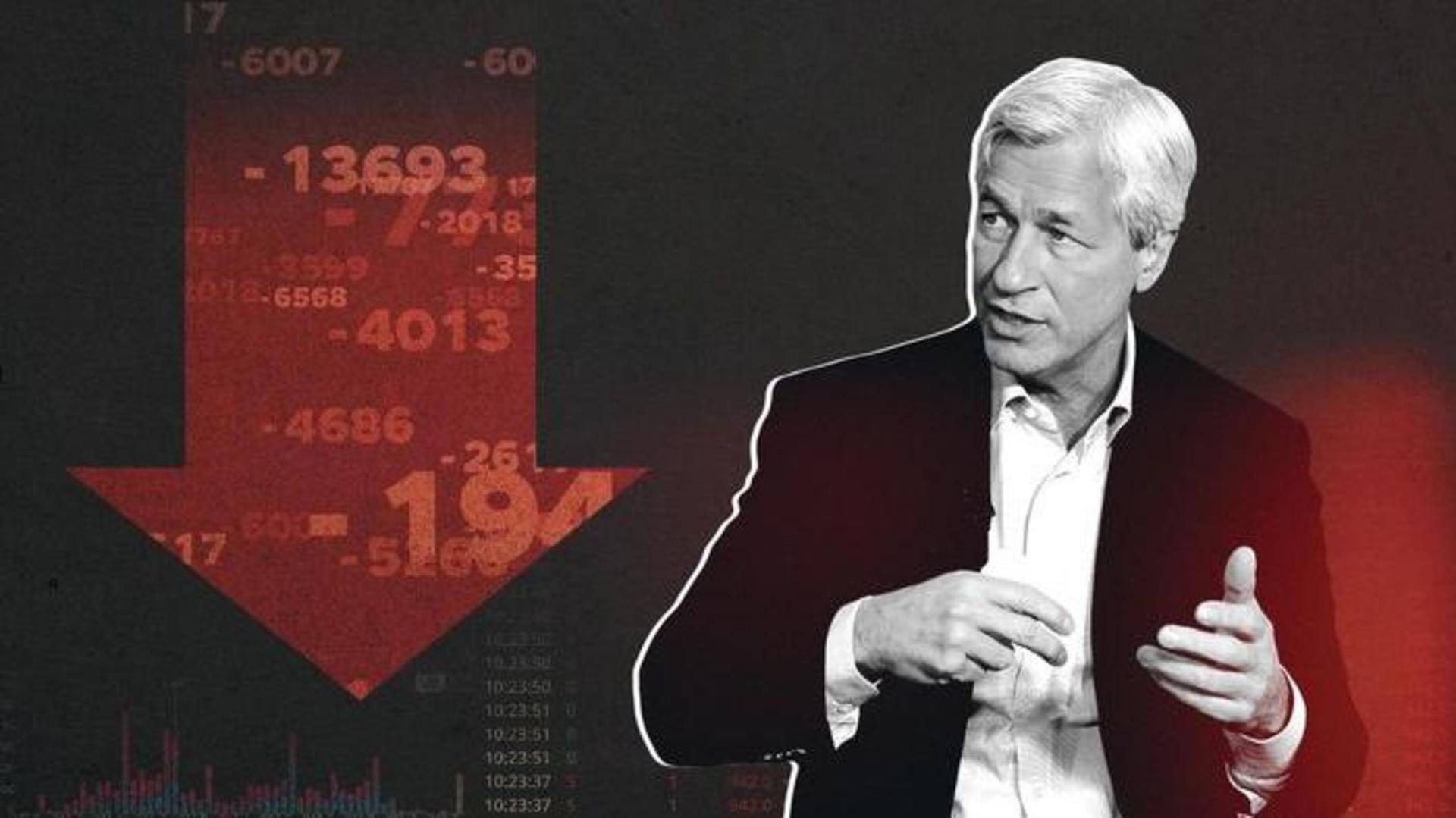
JPMorgan thinks the chances of recession have increased: Here's why
What's the story
The global financial sector had a chaotic March. Banking stocks tumbled after the collapse of two banks in the US and the crisis at Credit Suisse. Things have now settled a bit. However, JPMorgan Chase & Co's CEO Jamie Dimon believes that the calm is momentary. In his annual letter to shareholders, Dimon said a recession is now a much stronger possibility than before.
Context
Why does this story matter?
The banking crisis last month might have reminded at least a few of the debacle in 2008. There is indeed a sea of difference between 2008 and 2023, but both resulted in fragile financial confidence. The uncertainties that engulfed the global economy are yet to pass. The banking crisis just added more fuel to that already high flame.
Crisis
The crisis is not over: Dimon
If another bank crashed after Credit Suisse's fall, it would have resulted in a banking contagion. However, UBS's takeover of Credit Suisse helped put a stop to that. In his 43-page letter, Dimon said, "The current crisis is not yet over." According to him, the repercussions of the crisis will be felt in the years to come.
Recession
Financial conditions will tighten further
What's worse than the banking crisis not ending? The same crisis leading to a recession. "The market's odds of a recession have increased," Dimon said. His fear stems from the fact that it is unclear when the crisis will end. Dimon believes there will be further tightening of financial conditions as "banks and lenders become more conservative."
Crunch
A credit crunch is a real possibility
Dimon may not be wrong about the odds of a recession increasing. The banking crisis is considered a sign of the end of the easy-cash era. Credit crunch is a real possibility. Many fear the crisis will lead to a sudden stop in lending, as banks are now inclined to hold cash rather than lend. This will inevitably lead to a recession.
Regulations
Dimon wants more 'collaborative' regulatory changes
To protect the banking sector from any further collapses, a regulatory change is required. Dimon, however, cautioned against any knee-jerk reaction. The crisis shows "simply satisfying regulatory requirements is not sufficient. Risks are abundant, and managing those risks requires constant and vigilant scrutiny as the world evolves," he wrote. Regulations should be "less academic" and "more collaborative," Dimon added.